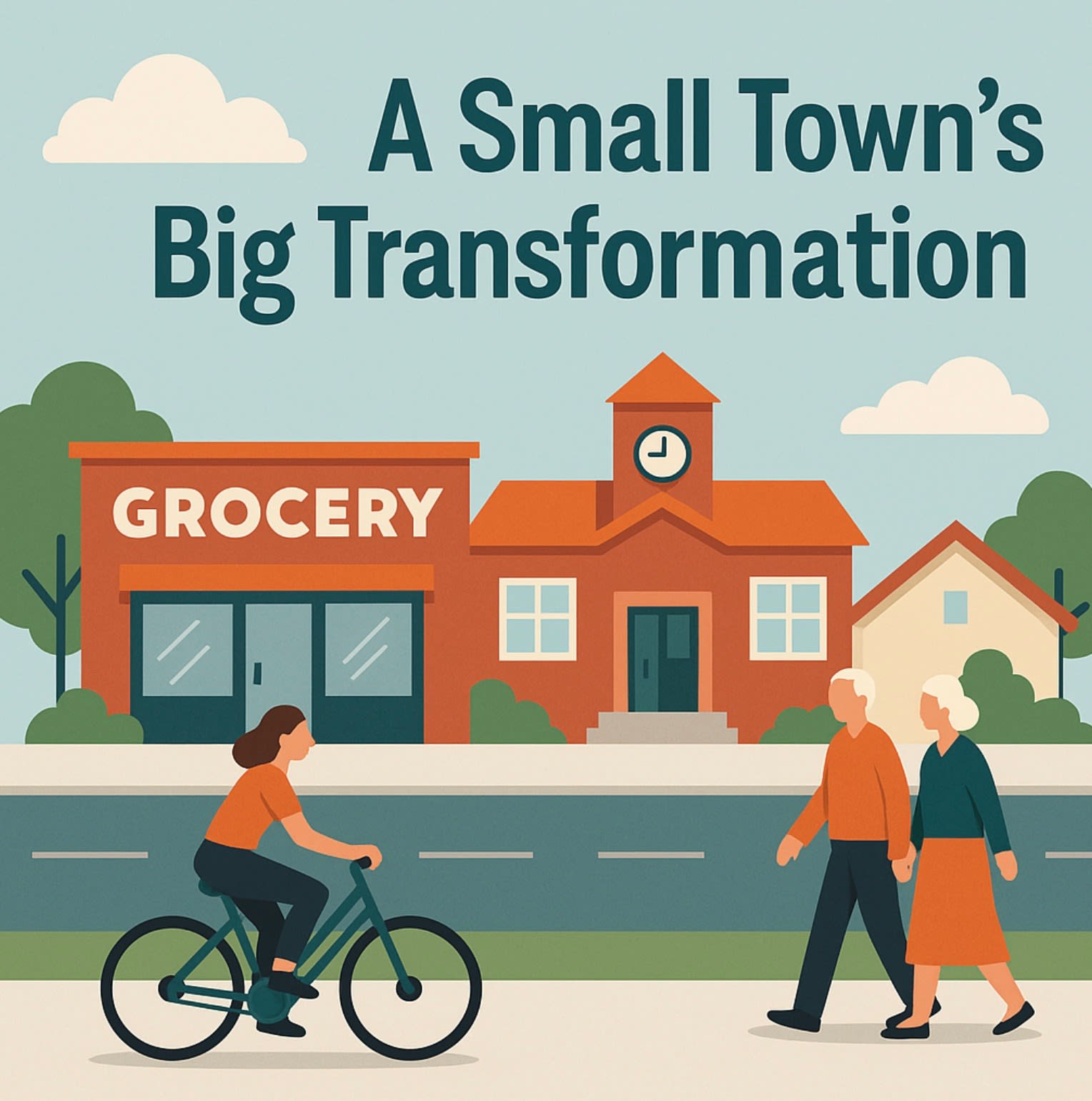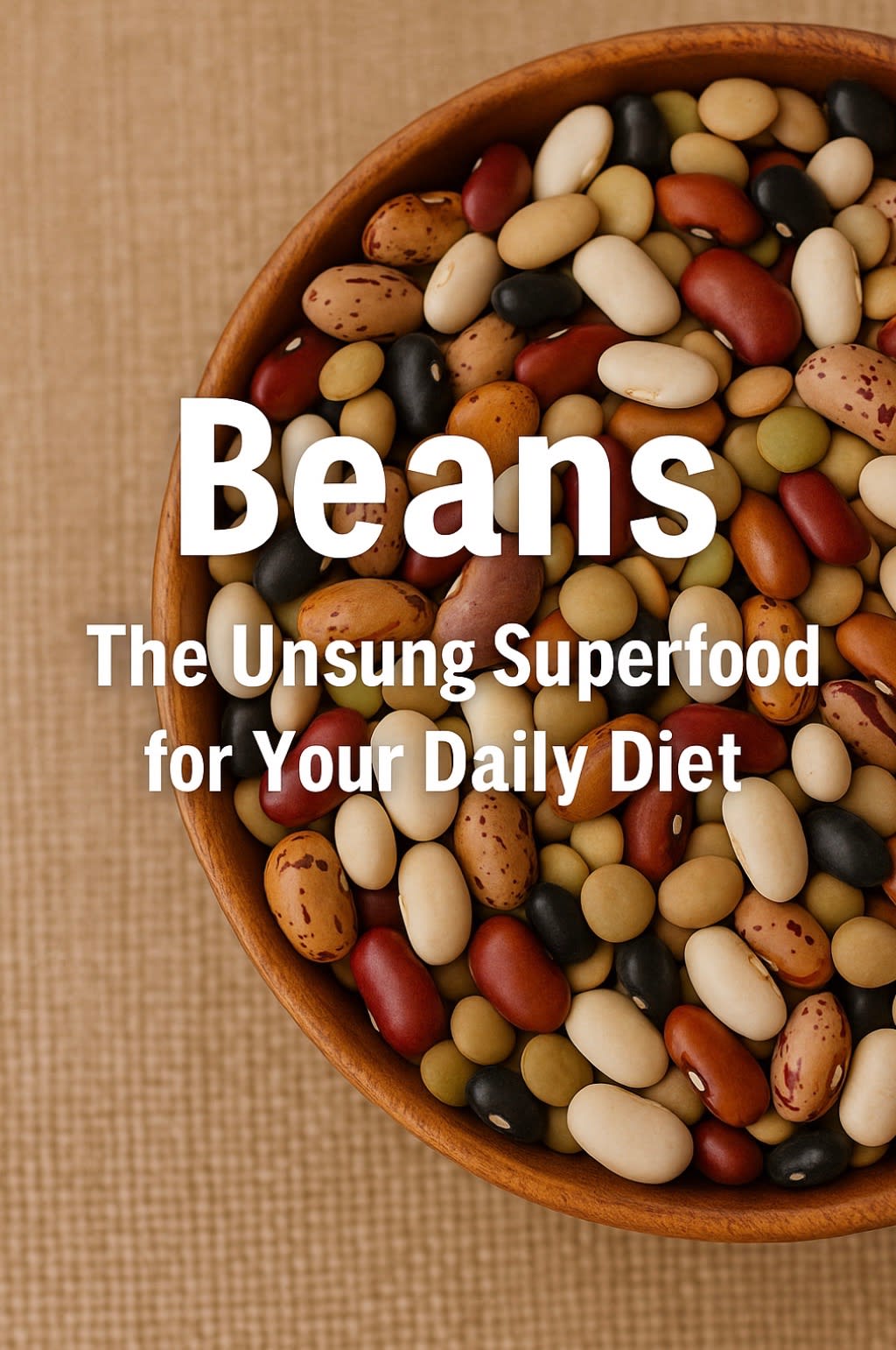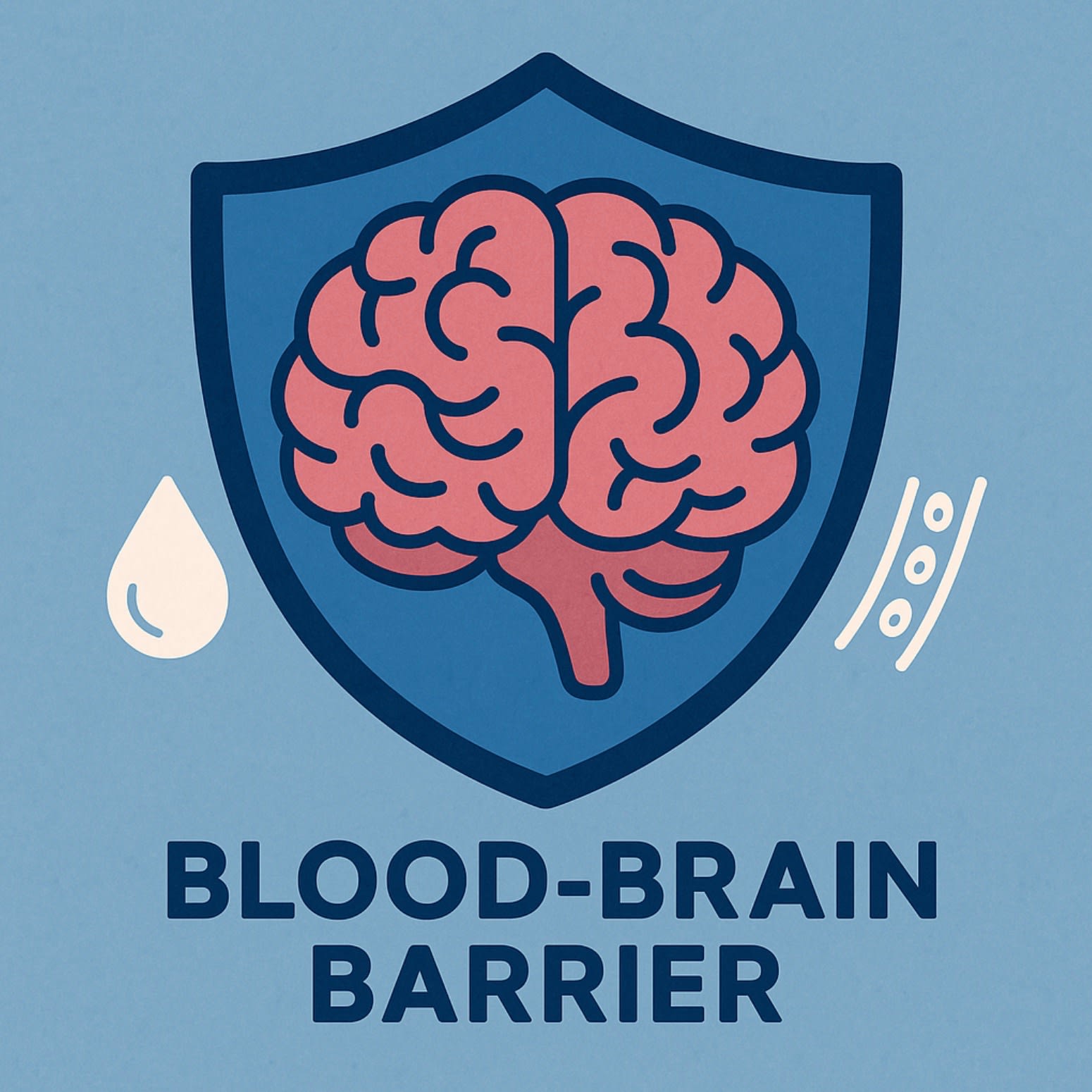The human brain is arguably the most complex and sensitive organ in the body. It controls thoughts, emotions, movement, memory, and our connection to the world. Protecting this vital command center is a natural filtration system known as the Blood-Brain Barrier (BBB)—a biological shield that prevents harmful substances from entering the brain while allowing essential nutrients to pass through. Understanding the blood-brain barrier isn’t just important for neuroscientists—it’s essential knowledge for anyone concerned about health, disease prevention, and the impact of substances on cognitive function.
Beans: The Unsung Superfood
for Your Daily Diet
Beans: The Unsung Superfood
for Your Daily Diet
🫘 Beans: The Unsung Superfood for Your Daily Diet
When you think about powerhouse foods that boost health, beans might not be the first thing that comes to mind. But don’t underestimate them. Beans are one of nature’s most nutrient-dense, affordable, and versatile foods. Whether you want to improve your heart health, manage your weight, or add more plant-based protein to your plate, beans can help you do it all.
This article explores the many benefits of incorporating beans into your daily meals, the different varieties available, and easy, delicious ways to make beans a staple in your diet.
💪 Nutritional Powerhouse: What Makes Beans So Good for You?
Beans, also known as legumes or pulses, are packed with nutrition. Here's what just one cup of cooked beans typically provides:
* Protein: 12–15 grams of plant-based protein
* Fiber: 12–16 grams—nearly half of your daily need
* Iron, potassium, magnesium, and folate
* Antioxidants and phytochemicals for anti-inflammatory support
* Complex carbohydrates that digest slowly and help stabilize blood sugar
This stellar nutritional profile means beans can help with nearly every aspect of your health.
❤️ Heart Health Benefits
Heart disease is the number one killer worldwide, but beans offer multiple defenses:
* They lower LDL (“bad”) cholesterol
* They’re naturally low in fat and sodium
* They help reduce blood pressure
* Their high magnesium and potassium content supports cardiovascular health
A review of 26 clinical trials found that people who regularly ate beans had significantly lower total cholesterol and LDL cholesterol levels.
🌾 Support for Digestive Health
Beans are incredibly high in insoluble and soluble fiber, which:
* Promotes regular bowel movements
* Feeds the good bacteria in your gut (prebiotics)
* Helps prevent constipation and bloating
While beans may cause temporary gas as your body adjusts, this is typically a short-term issue. Soaking beans before cooking and introducing them gradually can reduce digestive discomfort.
⚖️ Weight Loss and Management
Adding beans to your daily meals can support healthy weight loss or maintenance due to:
* High fiber, which increases satiety
* Slow-digesting carbs, which prevent blood sugar spikes
* Protein content, which curbs hunger and boosts metabolism
Several studies show that people who eat beans regularly weigh less and have smaller waist circumferences—even when they don’t restrict calories.
🧠 Better Blood Sugar Control
Beans have a low glycemic index, making them an excellent food for people with type 2 diabetes or anyone looking to stabilize their energy and prevent sugar crashes.
Beans are digested slowly, providing sustained energy without sharp glucose spikes. When eaten with higher-carb foods (like rice or bread), beans can blunt the glycemic impact of the entire meal.
🧬 Cancer Prevention and Longevity
Beans contain a wide range of antioxidants, polyphenols, and anti-inflammatory compounds, which may help:
* Reduce the risk of certain cancers, particularly colon and breast cancer
* Slow cellular aging
* Boost immune function
In many long-lived populations, beans are a staple food—suggesting a direct link between regular legume consumption and longevity.
🌍 Good for Your Wallet and the Planet
Beans are one of the most economical proteins you can buy. A serving of beans can cost just \$0.10 to \$0.20, especially when bought in bulk.
Environmentally, beans are a sustainable crop that:
* Requires less water and land than meat
* Improves soil quality through nitrogen fixation
* Emits fewer greenhouse gases
If you’re looking to eat healthy and reduce your ecological footprint, beans are a no-brainer.
🥣 Types of Beans to Add to Your Diet
Here’s a quick guide to some of the most popular beans and their specific benefits:
🟤 Black Beans
* Rich in antioxidants (especially anthocyanins)
* Great in soups, rice bowls, burritos
🟢 Lentils
* Come in red, green, brown, black varieties
* Cook quickly (15–20 minutes) without soaking
* Excellent in curries, soups, and salads
🟡 Chickpeas (Garbanzo Beans)
* Base for hummus, falafel, and roasted snacks
* High in protein and iron
⚪ Cannellini or White Beans
* Mild and creamy
* Blend well into soups, stews, or even purees
🟠 Pinto Beans
* Earthy flavor, great for refried beans or chili
* Often used in Mexican and Tex-Mex cuisine
🔴 Kidney Beans
* Bold, hearty texture
* Stand up well in chilis, stews, and casseroles
🍽️ Simple Ways to Add Beans to Your Diet
You don’t need to reinvent your diet to include more beans. Here are a few practical and tasty ideas:
🥗 1. Add to Salads
Toss a half-cup of black beans or chickpeas into your greens. Add some corn, avocado, and olive oil for a Tex-Mex flair.
🍲 2. Make a Hearty Bean Soup
Simmer lentils or white beans with carrots, onions, garlic, tomatoes, and vegetable broth. Add spices like cumin or turmeric for depth.
🌮 3. Build a Bean-Based Burrito Bowl
Start with brown rice or quinoa, top with pinto or black beans, veggies, salsa, and guacamole.
🧆 4. Mash into a Sandwich Spread
Blend white beans or chickpeas with lemon juice, garlic, and olive oil for a high-protein hummus or spread.
🍳 5. Add to Breakfast
Try scrambled eggs with black beans and salsa. Or add cooked lentils to an omelet with spinach.
🥣 6. Stir into Pasta or Grains
Mix cannellini beans into pasta with pesto and cherry tomatoes. Or toss lentils into couscous or farro salads.
🍔 7. Make Homemade Veggie Burgers
Blend cooked black beans with oats, onion, spices, and flaxseed to form hearty burger patties.
🍛 8. Use as a Meat Replacement
Swap ground beef with lentils in tacos, shepherd’s pie, or spaghetti sauce.
🍜 9. Add to Stir-Fries and Curries
Chickpeas or lentils are perfect additions to curry dishes. Add coconut milk and curry spices for extra flavor.
🍠 10. Roast as a Crunchy Snack
Roast chickpeas or black beans with a touch of olive oil and your favorite spices for a high-protein, fiber-rich snack.
👨🍳 Sample Recipes to Get You Started
🥘 Easy Black Bean Chili
Ingredients:
* 1 tbsp olive oil
* 1 onion, chopped
* 2 garlic cloves, minced
* 2 cans black beans, drained and rinsed
* 1 can diced tomatoes
* 1 tbsp chili powder
* 1 tsp cumin
* Salt and pepper to taste
Instructions:
1. Heat olive oil in a pot and sauté onion and garlic until soft.
2. Add beans, tomatoes, and spices.
3. Simmer for 20 minutes.
4. Serve with avocado, cilantro, or a dollop of plain Greek yogurt.
🥗 Lentil Salad with Lemon Vinaigrette
Ingredients:
* 1 cup cooked green lentils
* ½ red onion, diced
* 1 cup cherry tomatoes, halved
* 1 cucumber, diced
* Juice of 1 lemon
* 2 tbsp olive oil
* Salt, pepper, and parsley
Instructions:
1. Combine lentils and chopped vegetables in a bowl.
2. Whisk together lemon juice, olive oil, salt, and pepper.
3. Toss dressing with salad and garnish with parsley.
🧄 Garlic Hummus
Ingredients:
* 1 can chickpeas, drained and rinsed
* 2 tbsp tahini
* 2 garlic cloves
* Juice of 1 lemon
* 2 tbsp olive oil
* Salt to taste
* Water for blending
Instructions:
1. Combine all ingredients in a food processor.
2. Blend until smooth, adding water to adjust consistency.
3. Serve with raw veggies or whole-grain crackers.
🧂 Tips for Cooking and Storing Beans
* Soak dried beans overnight to reduce cook time and improve digestibility.
* Use canned beans for convenience—just rinse thoroughly to remove excess sodium.
* Cook in big batches and freeze leftovers in small containers.
* Add bay leaves or kombu to reduce gas-causing compounds during cooking.
📌 Common Concerns and How to Overcome Them
"Beans make me gassy."
➡️ Soak them, rinse them, and start with small portions. Your body will adjust!
"I don’t have time to cook beans."
➡️ Use canned beans or quick-cooking lentils. Prep a few batches on the weekend for grab-and-go meals.
"I don’t like the texture."
➡️ Try pureed or blended options like hummus, soups, or dips. You may love them in disguise!
"I don’t know what to cook."
➡️ Start with one new bean recipe a week. Keep it simple—like beans on toast or bean salad.
🌟 Final Thoughts: Little Beans, Big Benefits
Beans are humble, affordable, and easy to overlook. But inside every chickpea, lentil, or kidney bean lies a nutritional powerhouse that can help you live longer, feel better, and eat healthier—one bite at a time.
Adding just one cup of beans to your daily diet can boost your health in dramatic ways. It’s not about perfection—it’s about small, steady improvements that add up to big results.
So next time you plan a meal, don’t forget to toss in some beans. Your heart, your gut, and your wallet will thank you.
We respect your privacy and will never share your information.
You can unsubscribe at any time with just one click - no hassle, no questions asked.
Tim is a graduate of Iowa State University and has a Mechanical Engineering degree. He spent 40 years in Corporate America before retiring and focusing on other endeavors. He is active with his loving wife and family, volunteering, keeping fit, running the West Egg businesses, and writing blogs and articles for the newspaper.
Leave a Comment 👋
Leave a Comment 👋
Leave a Comment 👋
Leave a Comment 👋

A Small Town's Big Transformation
In a world obsessed with miracle diets, fitness apps, and pharmaceutical breakthroughs, one small town quietly rewrote the rules on wellness—and in the process, transformed lives. Albert Lea, Minnesota, a modest community with an aging population and a rising tide of healthcare costs, made a bold decision: instead of telling people to live healthier, they changed the environment so that health happened naturally. This is the story of how one town sparked a national movement—without a single new drug, diet fad, or wearable device.

Beans: The Unsung Superfood
When you think about powerhouse foods that boost health, beans might not be the first thing that comes to mind. But don’t underestimate them. Beans are one of nature’s most nutrient-dense, affordable, and versatile foods. Whether you want to improve your heart health, manage your weight, or add more plant-based protein to your plate, beans can help you do it all. This article explores the many benefits of incorporating beans into your daily meals, the different varieties available, and easy, delicious ways to make beans a staple in your diet.
